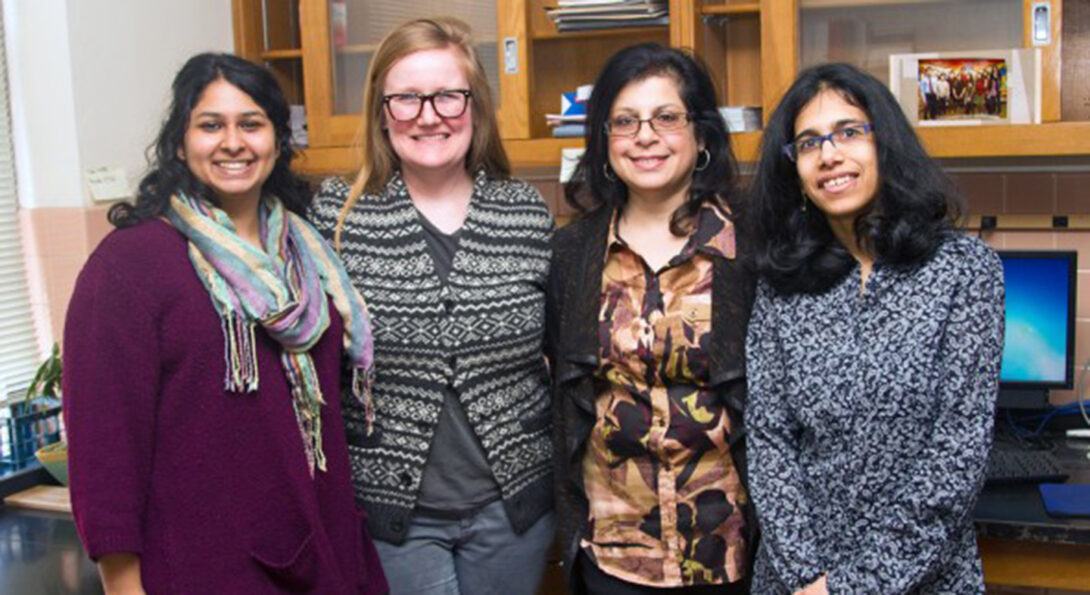Supporting refugees with disabilities

When refugees enter the U.S., they often turn to social service organizations — such as refugee resettlement agencies, voluntary agencies, and mutual aid associations — to connect with job opportunities. But refugees who have a disability are faced with a different scenario.
“If a refugee with a disability comes through the door, they connect them with Social Security income and leave it at that,” said Mansha Mirza, co-principal investigator and assistant professor of occupational therapy.
A new UIC initiative that has partners on the east and west sides of campus, along with several community partners that represent the refugee, disability, and employer sectors, is working to change that scenario by helping refugees who have disabilities find employment opportunities in Illinois. Partners of Refugees in Illinois Disability Employment (PRIDE) — the first initiative of its kind across the nation — examines refugee status and disability status in the context of employment and career paths.
Funded by a three-year grant from the National Institute on Disability, Independent Living, and Rehabilitation Research (NIDILRR), the project aims to help link refugees who have disabilities with job and entrepreneurship opportunities.
“We are excited to be partnering with refugees with disabilities and allies from a wide range of sectors who support the vision of this project, which is to support job-seeking refugees with disabilities,” said Rooshey Hasnain, principal investigator of PRIDE and clinical assistant professor of disability and human development and rehabilitation sciences.
The initiative will provide support to at least 50 refugees who have disabilities in the Chicago area, said Mirza, project co-investigator. Participants will engage in educational activities and workshops to learn about their rights as people with disabilities, Mirza said. They will then be connected with community organizations that can help them find employment opportunities.
“We’re really trying to be comprehensive but also practical in terms of what could be the most useful tools for refugees to obtain employment or career paths,” Hasnain said. “The experience of the refugee is very different from somebody who is native-born, even though they may have parents who immigrated here.
“Some refugees are coming to their second, third or fourth country,” she said. “There could be complex trauma involved — war-related experiences. Those are factors we have to keep in mind. Language is a huge barrier, too.”